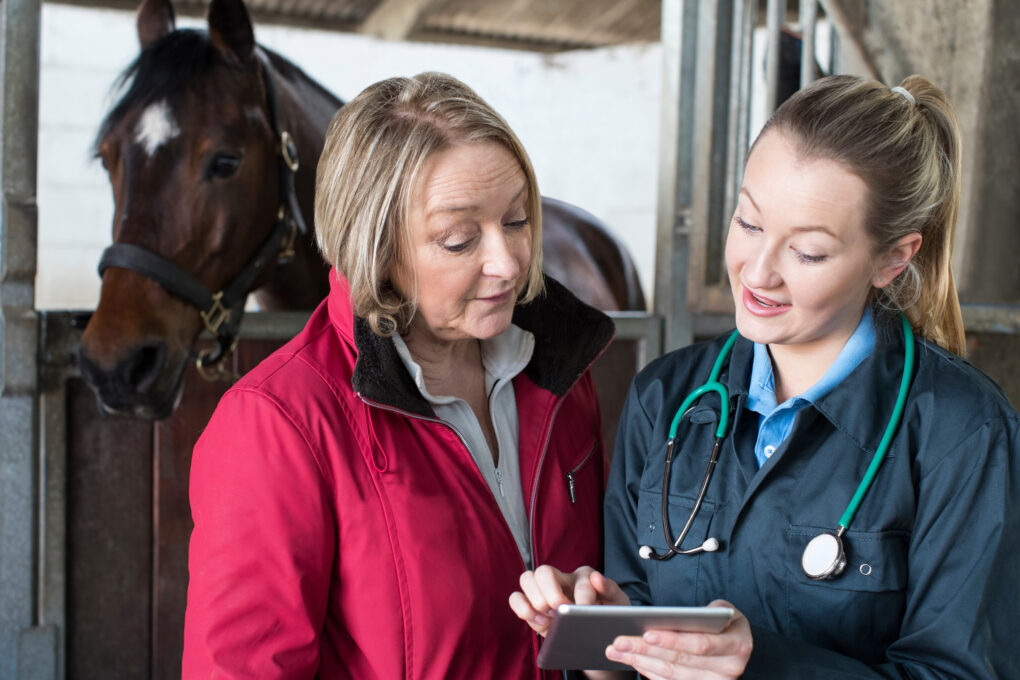Author(s): Eriksen, E.Ø., Sejersen, M.F. and Pedersen, K.S.
Published in: BMC Veterinary Research
Date: February 2024
DOI: https://doi.org/10.1186/s12917-024-03888-1
Type of access: Open access
(click for full article)
Our summary
Eriksen, E.Ø., Sejersen, M.F. and Pedersen, K.S. (2024) The cotton swab method: an accurate and less invasive way to assess fecal consistency in weaned pigs. BMC Veterinary Research, 20, no. 47.
The aim of this study was to validate the cotton swab method for assessment of faecal consistency in weaned pigs. There were four specific objectives: to develop a standardised protocol for the cotton swab method with a scale to capture the four previously defined faecal consistencies; to evaluate the accuracy of the cotton swab method when using it to categorise faecal consistency on a four point scale; to evaluate the accuracy of the cotton swab method when using it to categorise faecal consistency as non-diarrhoea or diarrhoea, and as a prerequisite to define thresholds to be used when assigning faecal consistency based on faecal dry-matter estimates.
The study was carried out in September and October 2021 in three phases: 1) Protocol and scale development 2) Scale adjustment 3) Scale validation. A convenience sample of three indoor pig herds in Denmark were used. The protocol and scale development involved an iterative process where the appearance of the faeces on a cotton swab was evaluated and compared to faecal samples collected from the pigs by digital rectal manipulation. From this a preliminary scale with four levels was suggested, this was then tested during the scale validation phase and modified appropriately until a final four-point scale was proposed. The accuracy of this four-point scale was then assessed using the data from the scale validation phase.
Using the thresholds of 10.3%, 16.6%, and 21.9% faecal dry-matter for categorization of the consistency of faecal samples on a four-point scale the accuracy of the cotton swab method was high. When the cotton swab method was used to diagnose whether pigs had diarrhoea or not it had a sensitivity of 85.0% and a specificity of 95.2%. For pigs without diarrhoea the method almost always required less handling than the collection of a faecal sample by digital rectal manipulation.
Limitations of the study are the small sample size, especially in respect of pigs with loose (score 3) and watery (score 4) faeces and that the reproducibility, i.e., the intra-observer and inter- observer agreement, of the cotton swab method is still to be assessed.
Take home
This study provides some evidence that the cotton swab method provides an accurate means of assessing faecal consistency in pigs, both on a four-point scale and as a dichotomous diarrhoea score. The method is quicker to perform and less invasive than the collection of faecal samples by rectal stimulation whilst offering a similar accuracy to visual inspection of faecal samples.
The following may also be of interest
Du, D., and Toribio, J.-A. (2023) Pre-weaning socialisation with non-littermates in piglets: reduced weaning stress when regrouped with unfamiliar piglets post-weaning? Veterinary Evidence, 8 (3). https://doi.org/10.18849/ve.v8i3.664
Next steps

Receive journal watch by email
